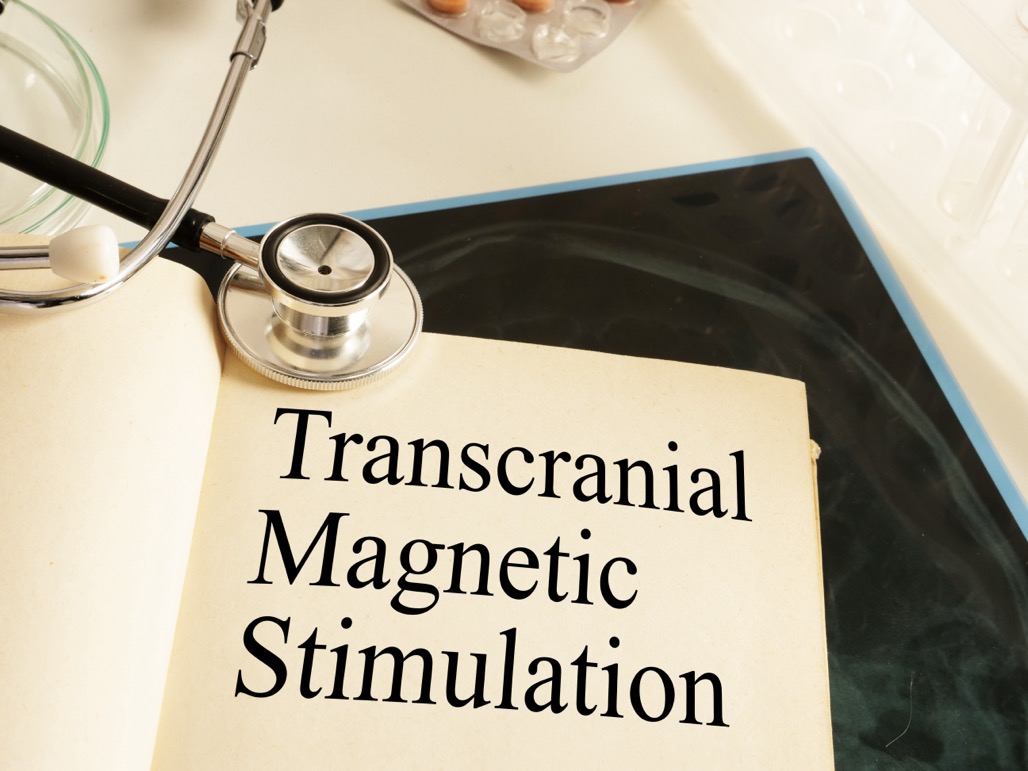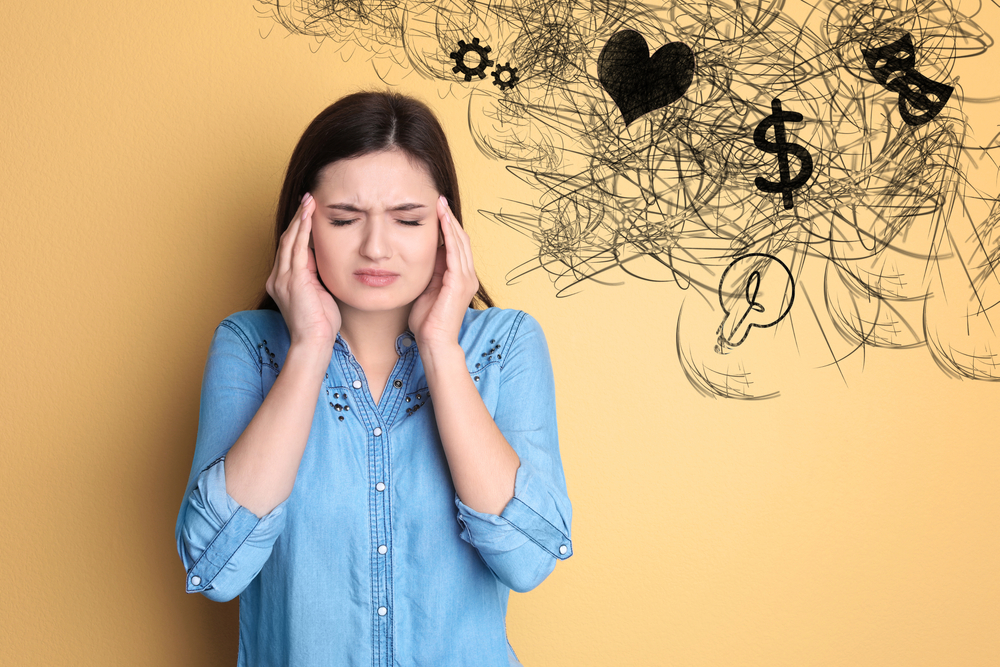
TMS Therapy for Depression in Melbourne
TMS Therapy for Depression TMS (Transcranial Magnetic Stimulation) therapy for depression is a treatment administered to reduce depression symptoms through magnetic stimulation of the brain. TMS therapy for depression is particularly useful to patients who have severe depression or have taken depression medications without success. When compared to other depression treatments, TMS therapy has the …
Read More
TMS Therapy Near Me in Melbourne
TMS Therapy Near Me Transcranial magnetic stimulation (TMS) is a procedure that stimulates nerve cells in the brain. The procedure is done for a patient who has severe depression and other treatments seem to have failed. TMS therapy is non-invasive, as it uses magnetic fields that directly stimulate the brain. Other depression treatments involve antidepressants …
Read More
Alternate Depression Treatment with TMS in Melbourne
Alternative Depression Treatment with TMS Is TMS an alternate depression treatment? There are several potential treatments for depression. Some include natural lifestyle changes while others involve the use of medications. The treatments can be classified as mainstream and alternative (complementary). What is TMS? Transcranial Magnetic Stimulation (TMS) is a treatment that uses magnetic fields to …
Read More
Benefits of Transcranial Magnetic Stimulation in Melbourne
Benefits of Transcranial Magnetic Stimulation (TMS) If you are considering Transcranial Magnetic Stimulation therapy to treat your depression, you are probably wondering what the treatment plan looks like and how you will benefit from the procedure. This article will walk you through the treatment basics and the benefits of TMS as compared to other treatments for …
Read More
The Benefits of Using TMS Therapy in Melbourne FL
TMS employs an alternating current that is passed through a metal coil placed on the scalp to generate quickly alternating magnetic fields. These fields pass through the skull nearly unimpeded and cause electric currents that depolarize neurons in a specific region of the surface cerebral cortex. The technique was approved by the US Food and …
Read More
TMS Therapy for Depression in Melbourne FL
Studies have shown that TMS is an effective way to treat various types of depression. It was first studied on adult patients who had failed with previous treatments for major depressive disorder. What is TMS Therapy for Depression? TMS stands for “transcranial magnetic stimulation.” This process is used to treat depression by non-invasively stimulating the …
Read More
Non-Drug Treatment for Depression in Melbourne FL
Depression can be treated with medication, but some may not be able to take it due to other health conditions. Others might have tried antidepressants and found that it was ineffective for them. There are also others who simply prefer not taking antidepressant medications despite their effectiveness because of the side effects or another reason …
Read More
No-Drugs Depression Therapy in Melbourne FL
Transcranial magnetic stimulation (TMS) is a non-invasive brain stimulation procedure that may help patients with severe depression. TMS elicits magnetic energy, which turns into electrical current underneath the patient’s skull, to help regulate the patient’s emotions. TMS is an adjunct treatment that works along with medication and is non-invasive (does not require surgery). How long …
Read More
FAQs of TMS Therapy in Melbourne FL
Medications and talk therapy may have limited effects in the treatment of depression, but there is hope. Transcranial Magnetic Stimulation (TMS) has been shown to be an effective form of treatment for depression. TMS may help by stimulating a part of the brain that is involved in moods and emotions, without any memory loss or …
Read More
Depression Treatment Without Medication in Melbourne FL
TMS Therapy is a simple FDA-approved procedure that has proved to be effective. TMS is a non-invasive, targeted treatment that is statistically safer than any antidepressant medication. Medications are ingested, and therefore have diffuse and systemic reactions through the entire body, which leads to a wide range of side-effects like weight gain, fatigue and drowsiness, …
Read More

